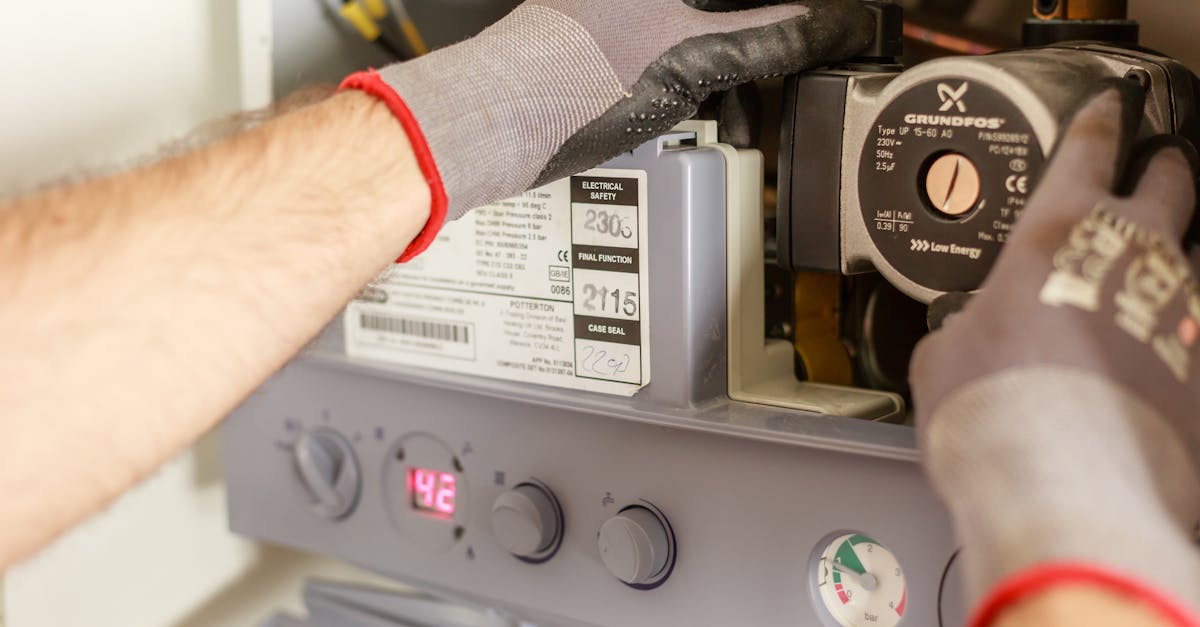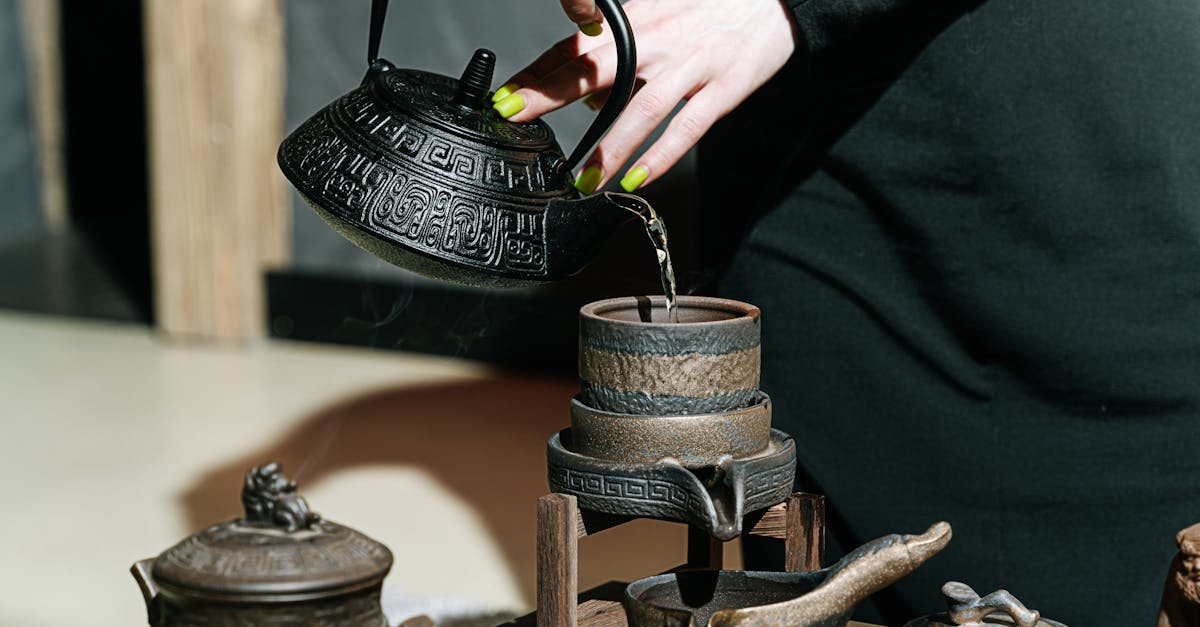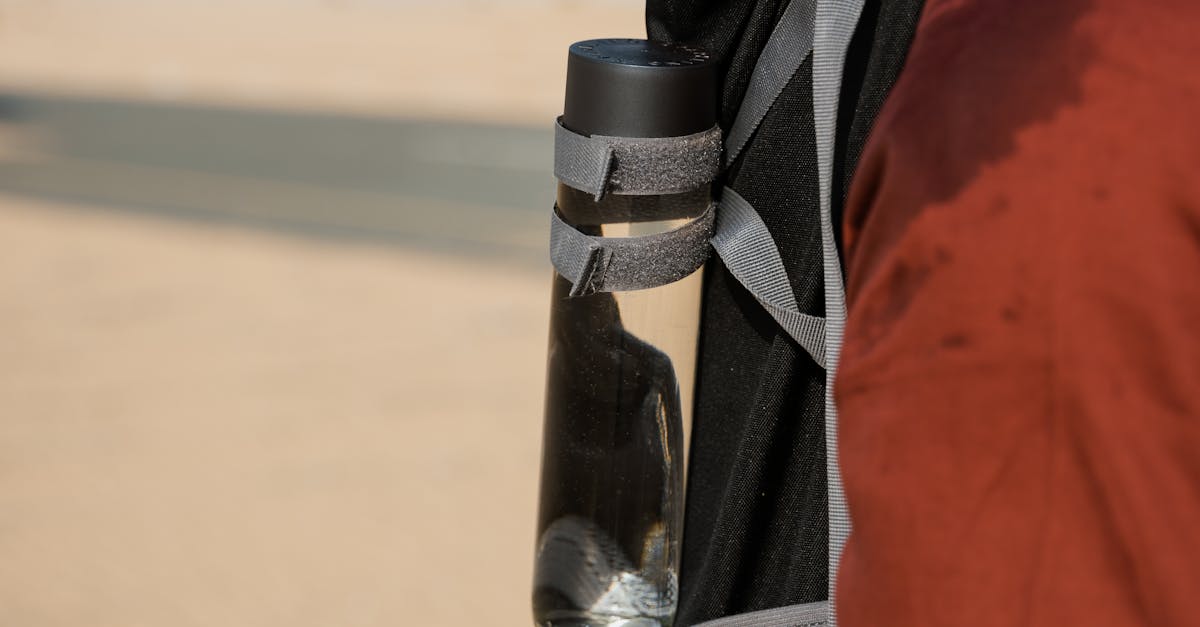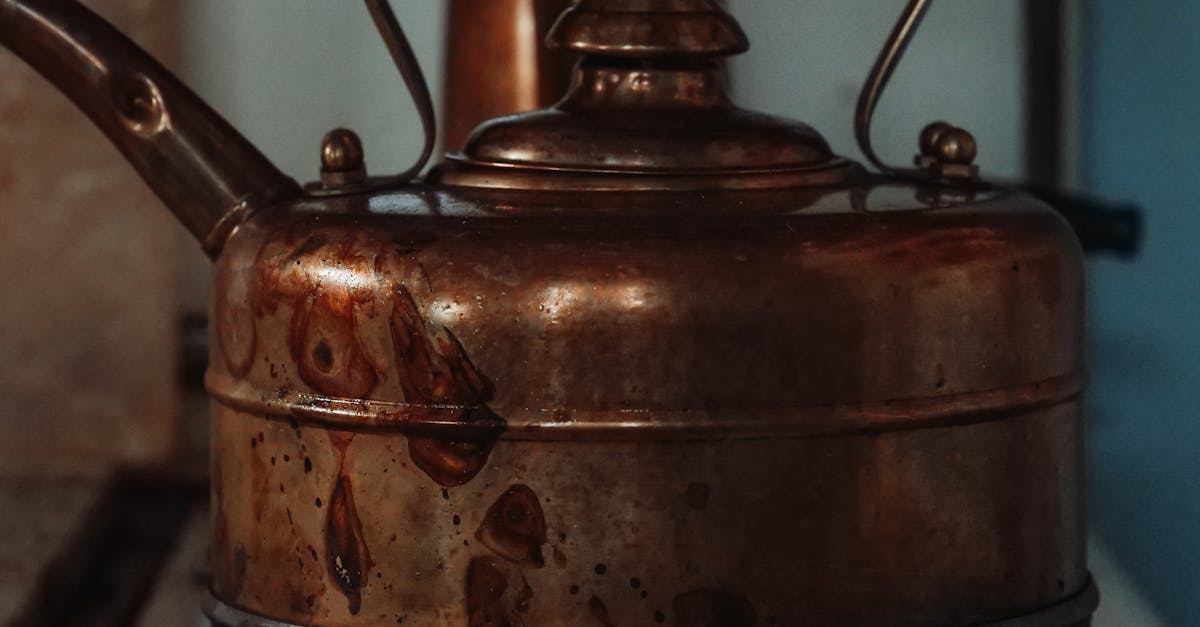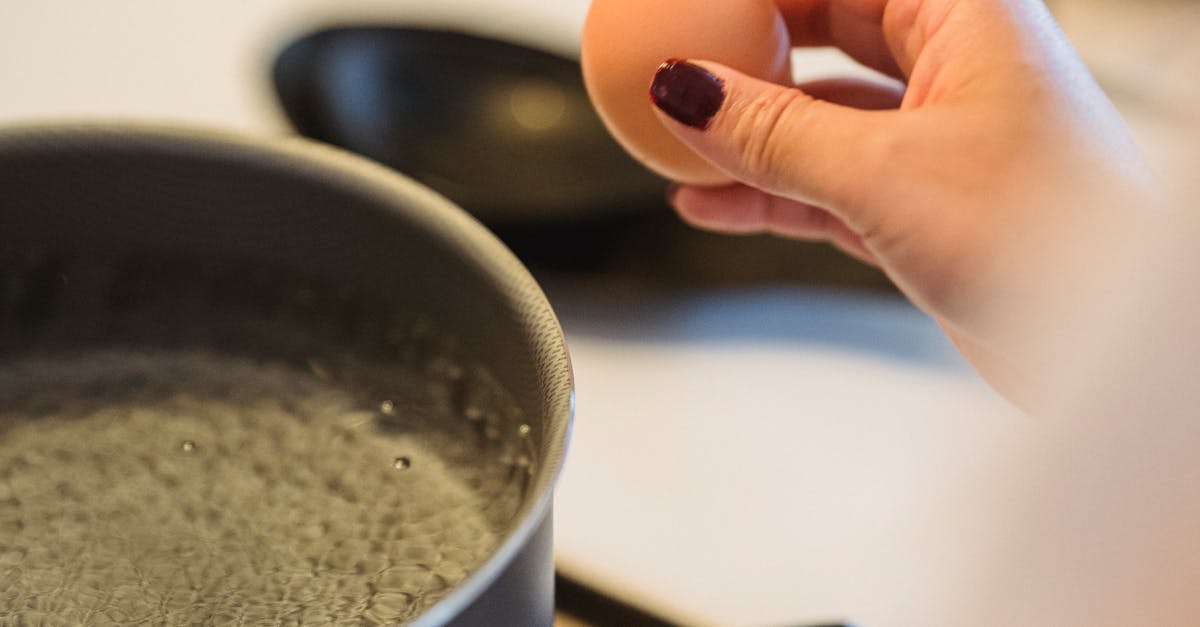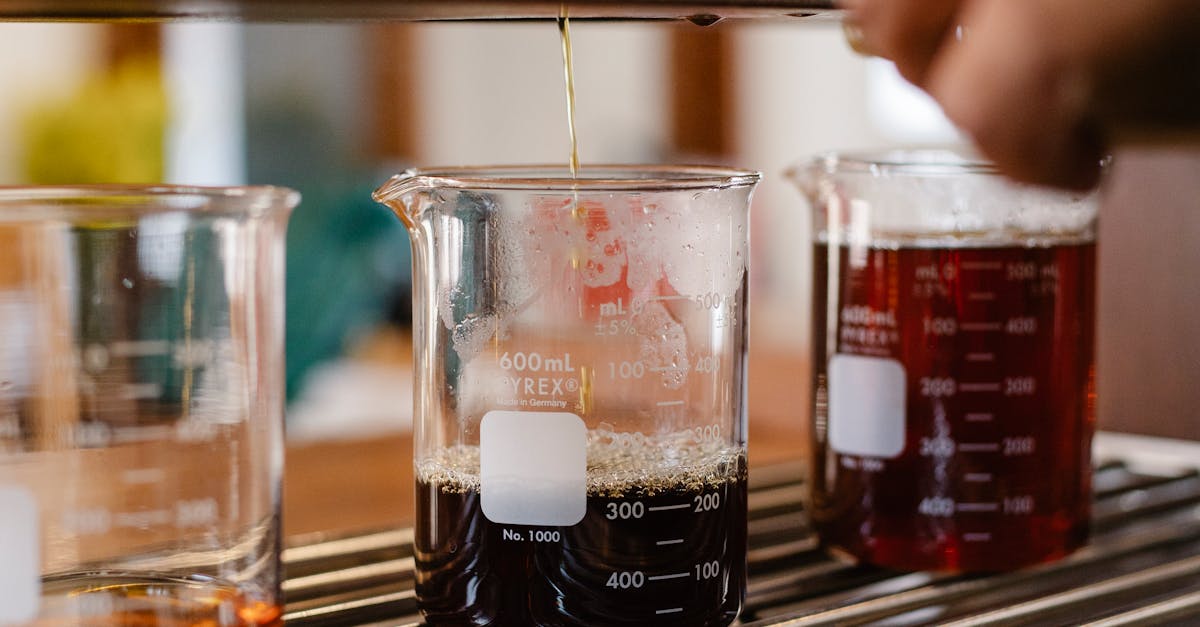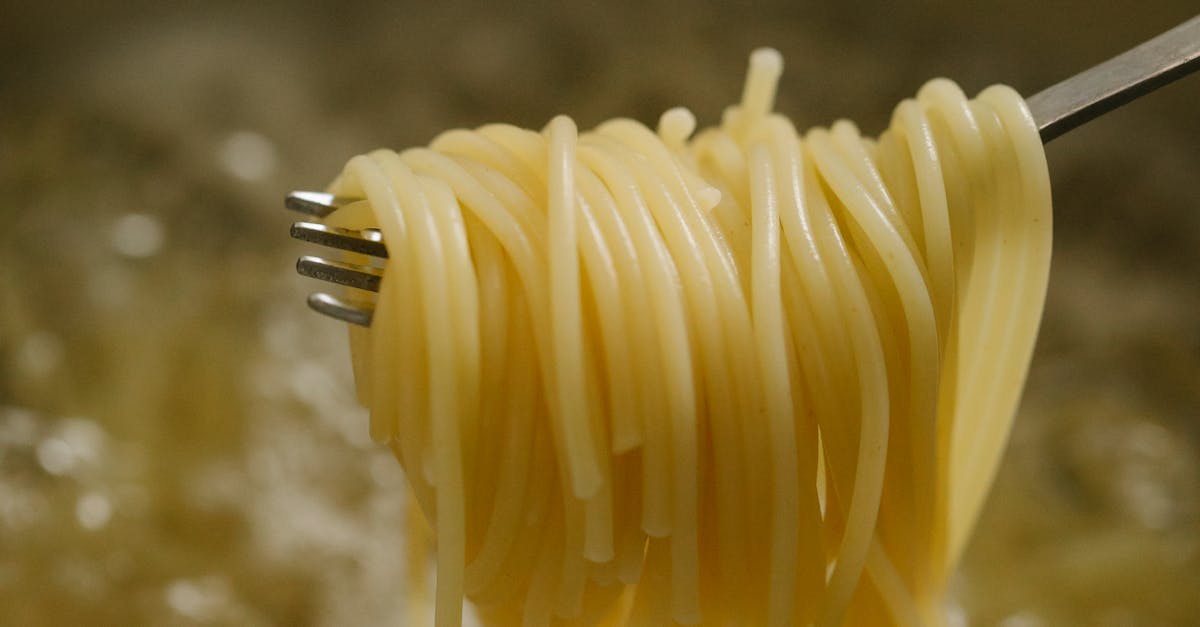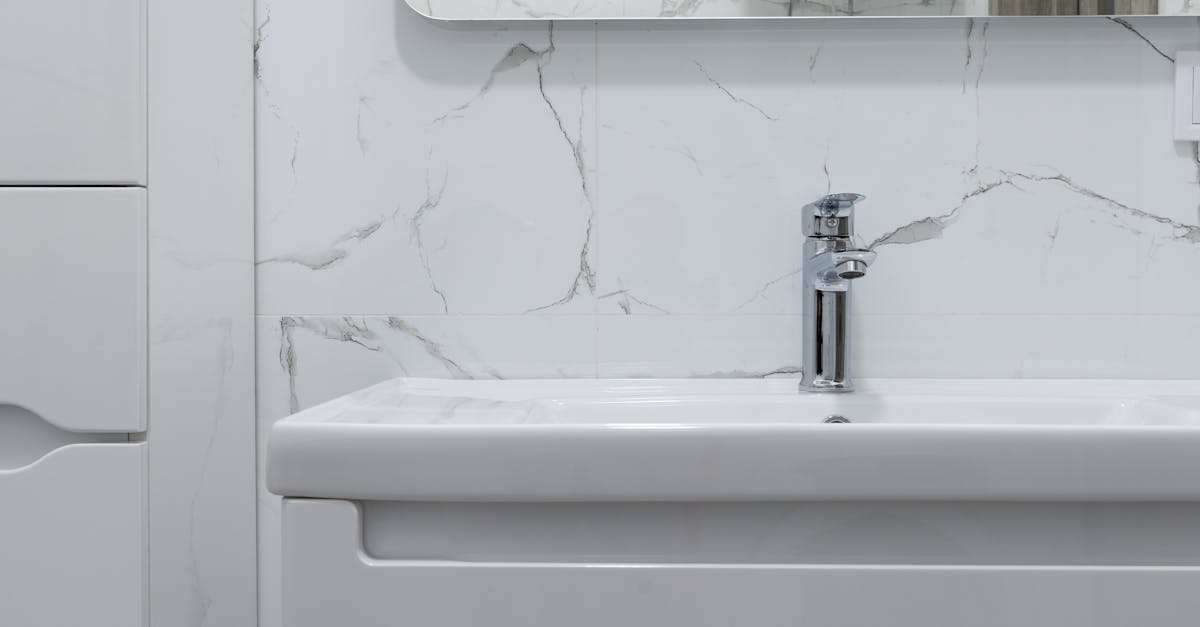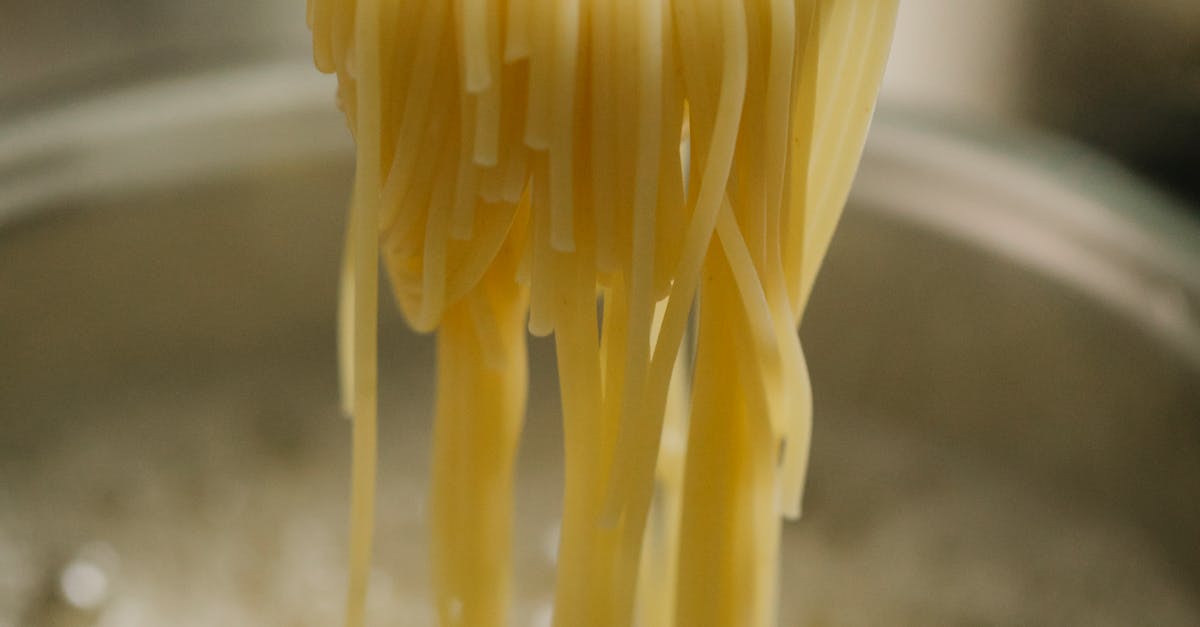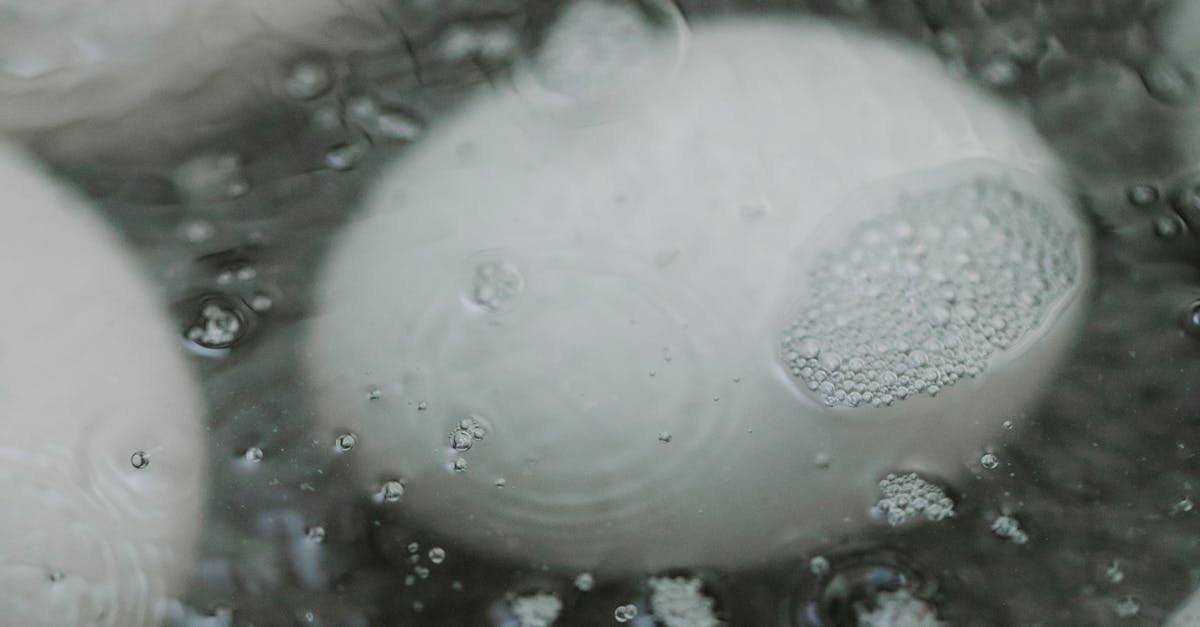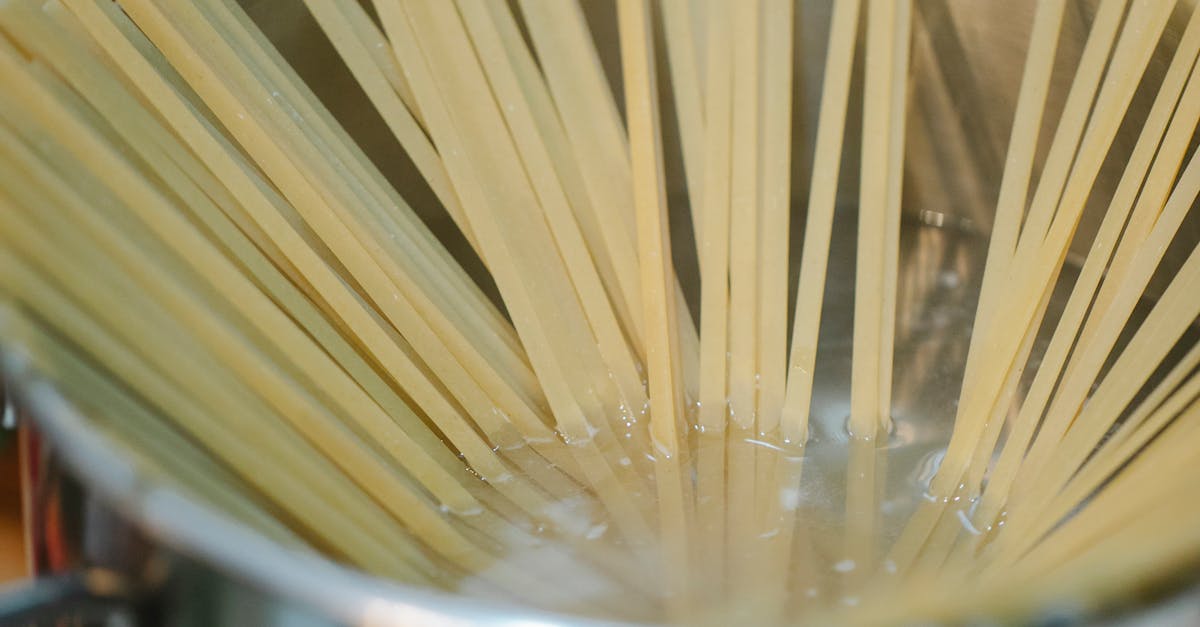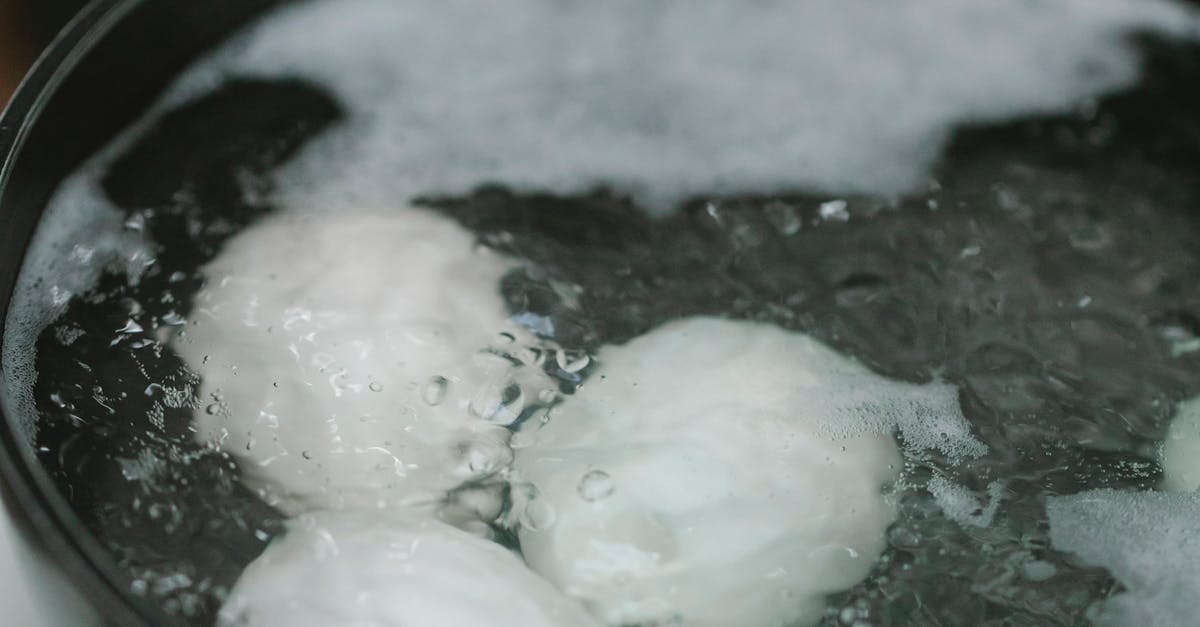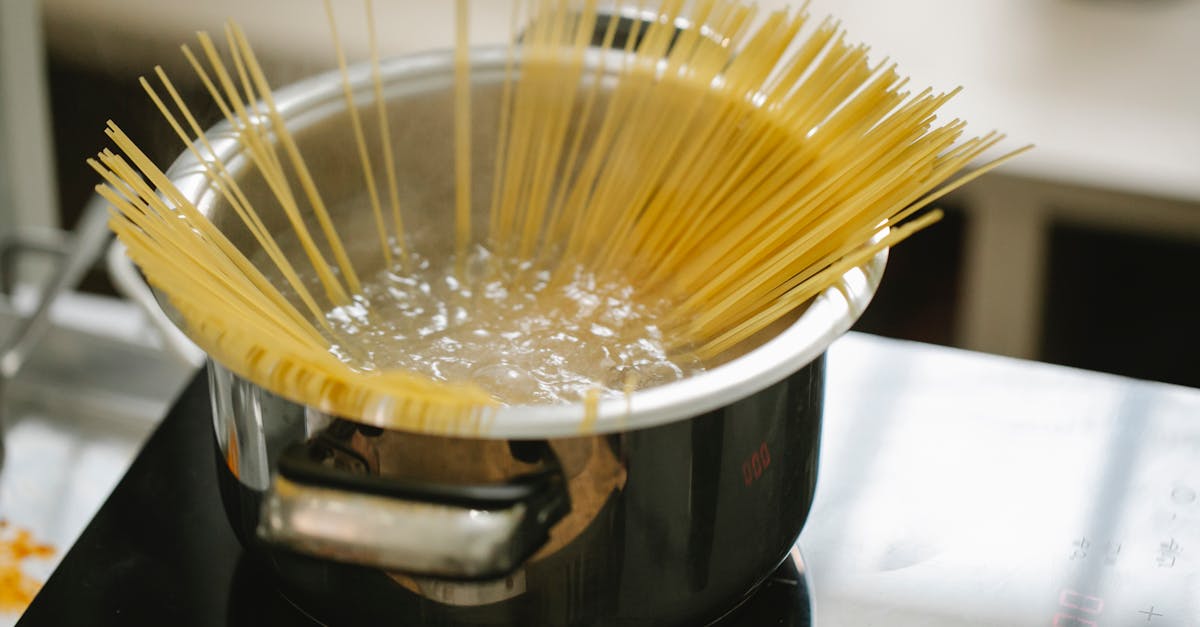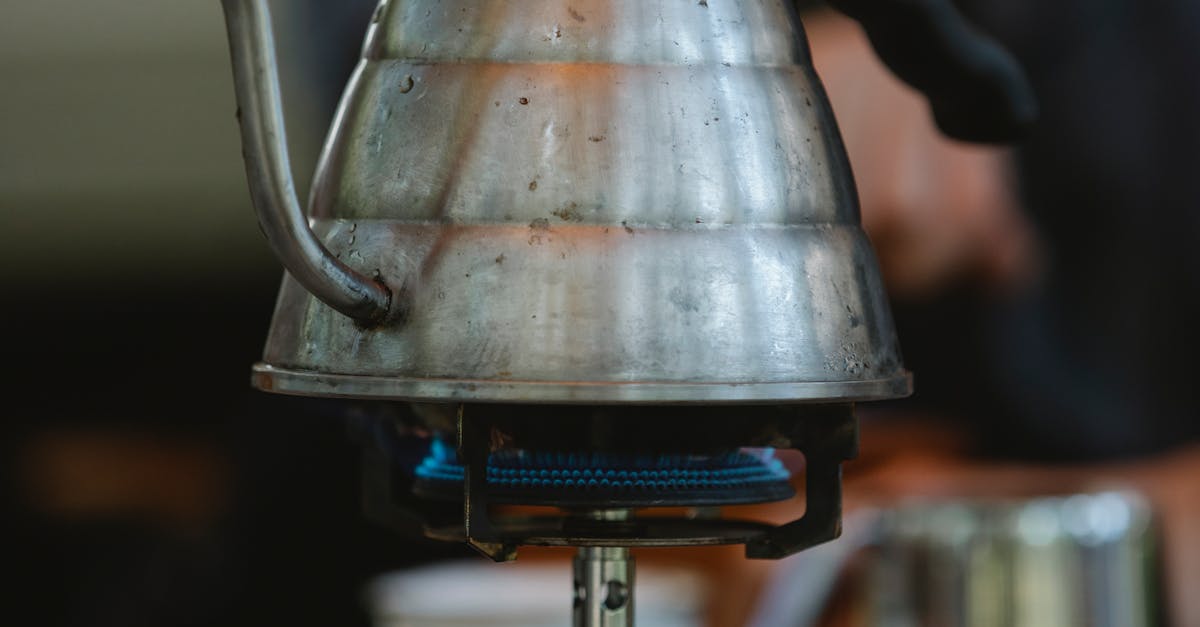
Table Of Contents
Rust or Corrosion on the Element
Rust or corrosion on a hot water element can often indicate serious issues with the system's performance. Over time, exposure to moisture can lead to metal degradation, resulting in visible rust spots or a rough, pitted surface. This deterioration not only affects the heating efficiency but can also introduce unwanted substances into the water supply. Regular inspections can help identify these early signs, allowing for timely maintenance before the problem escalates.
If rust or corrosion is found, it's advisable to consult a qualified hot water plumber. They possess the expertise to assess the extent of the damage and recommend appropriate solutions. Ignoring these indicators can lead to further complications, including leaks or complete failure of the hot water system. Addressing such issues quickly can save both time and money in the long run, ensuring consistent hot water availability.
Signs of Deterioration to Monitor
When monitoring the signs of deterioration in a hot water element, it is crucial to be alert for any visible changes. Look for discolouration or residue that may indicate sediment build-up. Such deposits can significantly affect the element's effectiveness and overall performance. Frequent visual checks can help catch these issues early, preventing further complications down the line.
Another important aspect to consider is the efficiency of heating. If water takes longer than usual to reach the desired temperature, this may signal that the hot water element is failing. Additionally, unusual sounds during operation, such as rumbling or popping, can indicate sediment build-up or that the element is struggling. If these signs appear, consulting a hot water plumber can provide expert insight and necessary repairs.
Water Quality Issues
Water quality issues can often be linked to problems with the hot water element. If you notice any unusual changes in your water, such as a metallic taste or a noticeable odour, it may indicate that the element is deteriorating. This can lead to contaminants leaching into the water supply. Regular checks are essential for maintaining the overall water quality in your home. Engaging a qualified hot water plumber can help identify these issues before they escalate.
Sediment build-up within the tank can also affect water quality and is a common consequence of a failing hot water element. Over time, minerals and rust can accumulate, leading to discoloured or unpleasant-tasting water. This not only impacts the water's quality but can also be a sign that your hot water system needs attention. A professional hot water plumber will have the expertise to assess the situation effectively, ensuring that your water remains safe for use.
Evaluating Changes in Taste or Smell
Changes in taste or smell in your hot water can be a clear indication that something is amiss with the heating element. If you start to notice a metallic, musty, or even a chemical scent, it’s worth investigating further. Such changes often stem from corrosion or mineral build-up on the element, which can contaminate the water. Regular maintenance can help prevent these issues, but if you experience these smell changes, it’s wise to consult a hot water plumber for an expert inspection.
Taste alterations can also signal a problem with your hot water system. Water that tastes like metal or has an unusual, unpleasant flavour may be affected by the deterioration of the element. This situation can have implications not just for your plumbing but also for your health, as cooking and drinking water quality are compromised. In these instances, enlisting a hot water plumber can provide you with clarity on whether the heating element needs replacing or if other factors are at play.
Inconsistent Heating Times
Inconsistent heating times can indicate a problem with the hot water element. When the unit takes longer than usual to reach the desired temperature or fluctuates between hot and lukewarm, it may signal that the element is struggling. This erratic performance can lead to discomfort during daily activities such as showering or washing dishes, making it a crucial issue to address.
Monitoring the heating behaviour is essential for identifying potential faults. If you notice that your hot water system routinely fails to maintain a steady temperature, contacting a hot water plumber for a professional assessment is wise. They can determine whether the element needs repair or replacement and ensure your hot water supply functions efficiently once again.
Assessing Performance Over Time
Monitoring the performance of a hot water element over time is crucial for maintaining efficiency and reliability. If you notice that your hot water system is taking longer to heat water than it used to, this could indicate a problem with the element. Regular checks on the heating times can help identify early signs of wear and performance issues. Scheduling routine inspections with a hot water plumber can facilitate timely identification of any underlying problems before they escalate.
Another important aspect of performance assessment is to evaluate how consistently your hot water system meets your household's needs. Fluctuating temperatures or inadequate supply during peak usage times can signal deteriorating condition of the element. A qualified hot water plumber can provide insights on whether the element is on its last legs and recommend if a replacement is necessary to restore optimal operation.
FAQS
What are the signs that indicate a hot water element is failing?
Look for rust or corrosion on the element, changes in water quality such as taste or smell, and inconsistent heating times.
How can rust or corrosion affect my hot water element?
Rust or corrosion can lead to reduced efficiency and can eventually cause the element to fail, resulting in inadequate heating.
What water quality issues should I be aware of?
Be mindful of any changes in the taste or smell of your hot water, as these can indicate problems with the element or the water supply.
How can I assess the performance of my hot water element over time?
Monitor the heating times and check for any fluctuations. If the water takes longer to heat up consistently, it may signal a failing element.
Is it safe to use hot water if I suspect my element is bad?
If you notice any signs of a failing element, it's best to stop using the hot water and consult a professional to avoid potential hazards.
